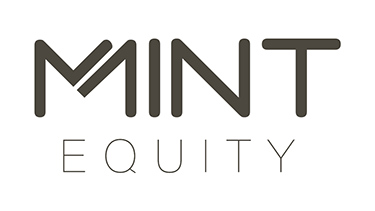Financial hardship is never pleasant and can bring about stress, confusion and desperation – particularly when your home, business and family are impacted. Often those with debt seek immediate relief from bills and mortgage repayments without really assessing the cause or considering the bigger picture. A recent article by News.com.au outlined the little-known department within banks and lenders, whereby customers can seek short term refuge via ‘Financial Hardship’.
The article failed to mention the effects of claiming financial hardship.
What is financial hardship?
Financial hardship is a term used by a lender or a bank when a customer seeks support from the institution when they can’t pay their bills. If a customer has hit a rough patch in either their personal or business life, and are unable to pay their home loan mortgage or bills, they may ask the lender for an extension or timeframe whereby the repayments are paused, until they can get back on their feet and resume the regular payments. Support from the lender’s ‘Financial Hardship’ team vary with some offering financial counselling to temporary freezes on the customer’s repayments.
Temporary relief – but you still need to pay
If you request financial hardship support from your lender or bank because you are struggling to make your mortgage repayments, the lender may offer a temporary freeze on your repayments. This may mean they increase the length of your mortgage term by the duration the payments were frozen, or they may compress the amount you haven’t been paying into your existing term, leaving you with higher repayments after the relief period. You may also incur additional interest.
Permanent mark on your credit history
Once you’ve requested financial hardship, the lender or company will indicate this on your client file, permanently. That means, you have indicated that you have been unable to manage your finances and repayments and the lender now considers you a high-risk borrower.
Once it’s on your file, that’s it. If you ever want to borrow from that lender again or request an increase, the lender will review your file, see that you’ve had issues in the past, in turn, making it difficult to secure a favourable outcome.
But it’s not just your current lender that will be impacted. If you look to refinance to another lender, you’ll need to provide bank statements for the last 3-9 months (in some cases 12 months) depending on the lender. Your financial hardship and overdue payments will be reflected on the bank statements you need to provide. Again, you will need to have a very good reason as to why you suffered hardship previously and it will be difficult to borrow with the new lender without the help of an experienced mortgage broker.
Whilst there are some lenders who are willing to make exceptions for those who have had a rough patch, the interest rate you’ll pay will be higher than what is readily available for a low risk applicant.
Desperate times call for educated decisions
Before contacting your lender and muttering the words ‘I’d like to speak to your Financial Hardship department’, you should always speak to your mortgage broker and financial planner. Often there are better ways to seek relief or restructure your finances to get you out of immediate trouble, without leaving a permanent mark on your customer and credit file.
Never underestimate the benefit of budgeting and reviewing your entire financial position with a mortgage broker or qualified financial planner.
Always pay your bills on time
The biggest rule when getting into debt, is to always pay your bills on time. Set up direct debits to ensure you are meeting your requirements and if you’ve been overcharged, address the issue immediately. There is nothing worse than ignoring a billing issue and having it escalate into a default on your credit report. Your credit report is reviewed by every lender, regardless if it is for a home loan or a mobile phone plan.


